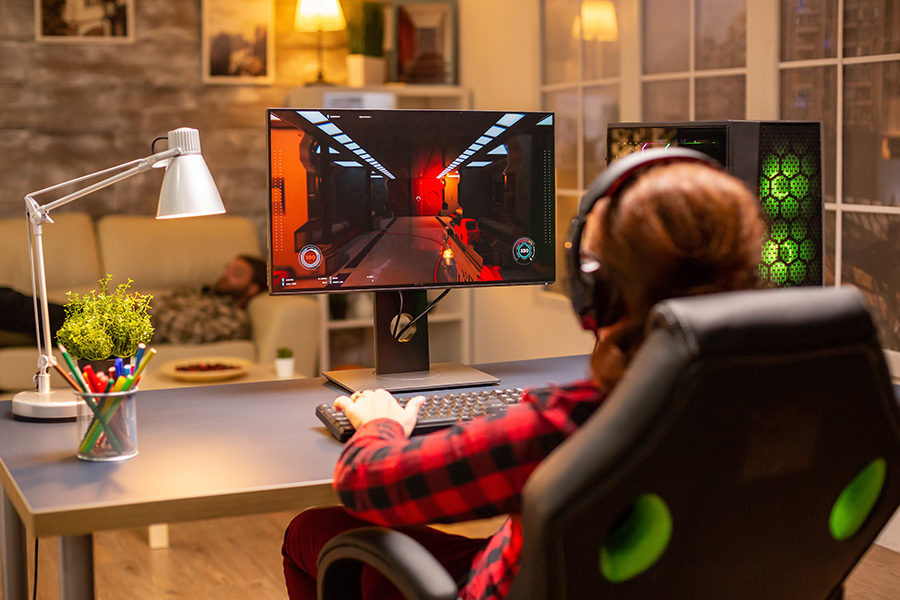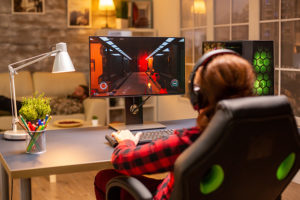Concerns raised over loot box self-regulation in the UK

An expert claims 90 per cent of ads break the industry’s own code.
UK.- The UK government has said that more needs to be done to protect children and adults from loot boxes after an expert on regulation claimed that over 90 per cent of adverts he studied break the industry’s own self-regulation code. Leon Xiao, a PhD fellow at the IT University of Copenhagen, said he had identified hundreds of adverts that failed to clarify that games contained loot boxes.
Loot boxes in video games allow players to buy packages containing random prizes like outfits or weapons for characters. The video games industry denies that the mechanism can be defined as gambling, but several countries have taken steps to regulate loot boxes as gambling products and ban their sale to under 18s.
In 2022, the UK Department for Digital, Culture, Media and Sport, then led by Nadine Dorries, decided not to ban loot boxes. Instead, the government created a technical working group that included video game companies and social media platforms. That resulted in the publication of a code for self-regulation in August 2023, which includes a requirement that ads make it clear when a game contains paid-for loot boxes.
Xiao has submitted a series of complaints to the UK Advertising Standards Authority, highlighting cases where that hasn’t been met. Complaints against three companies, Electronic Arts (EA), Hutch Games and Jagex, have been upheld in the past six months.
EA blamed human error for a breach in an ad for Golf Clash. Jagex claimed there was not enough space in its Facebook ad for RuneScape, while Hutch said it had misinterpreted the advertising guidance and would update its offending ads F1 Clash and Rebel Racing.
However, Xiao said these incidents were only a very small sample of the breaches he identified. “I could have made 268 separate complaints, but my resources were limited,” he told The Guardian.
He also questioned whether the working group, of which social media platforms like Facebook, Instagram and TikTok are members, can be relied on to deliver the intended aims of better protecting players and children. “Those members are supposed to be role models, rather than rule-breakers themselves,” he added.
Don Foster, chair of the House of Lords group Peers for Gambling Reform, called for government intervention. He said: “It is abundantly clear that self-regulation does not work and that the government must intervene to properly regulate loot boxes and their marketing to protect children.”
A spokesperson for the Department for Culture, Media and Sport said video games companies must do more to protect children and adults from the harms associated with loot boxes. It said it would monitor the impact of the industry guidelines and “keep possible future legislative options under review”.
The UK gaming trade body Ukie said its members hoped to fully implement guidelines by July.










